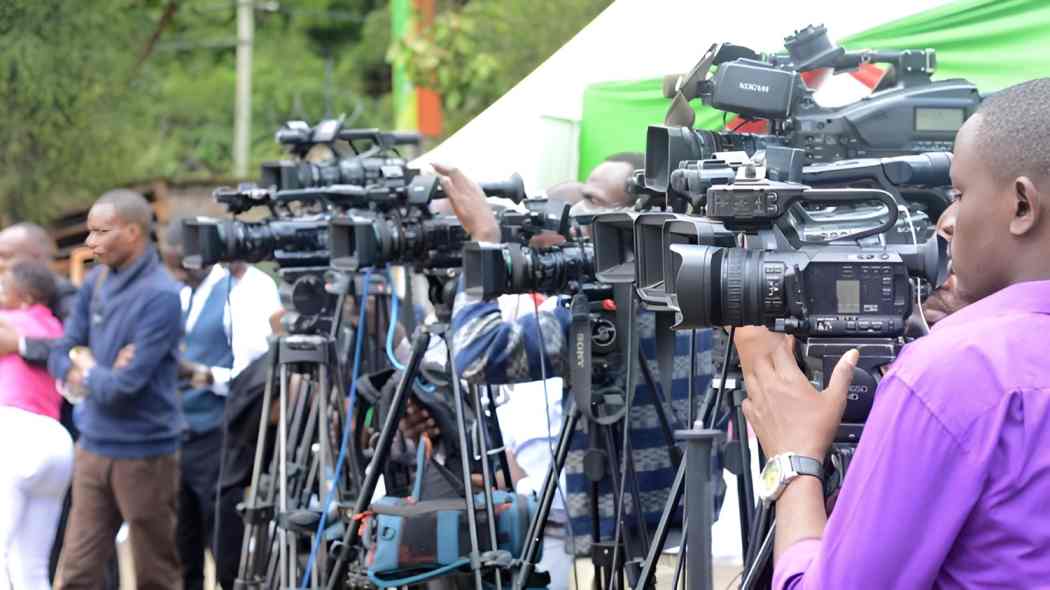Media professionals have urged Parliament to swiftly approve a new Code of Conduct for Media Practice 2025, saying it will strengthen ethical journalism, protect media freedom and serve the public good.
Appearing before the National Assembly Committee on Delegated Legislation, representatives from key media organisations said the draft code underwent broad public consultations and has received overwhelming backing from industry players.
Among those who made submissions were officials from the Kenya Union of Journalists (KUJ), Kenya Editors Guild (KEG), Media Owners Association (MOA), Digital Broadcasters Association (DBA), Kenya Parliamentary Journalists Association (KPJA), and the Association of Media Women in Kenya (Amwik).
KUJ Secretary General Erick Oduor described the code as a vital framework to guide responsible, ethical, and professional journalism in the country.
“This is a critical instrument that will foster responsible, ethical and professional journalism in the country,” said Oduor.
He addressed concerns by lawmakers who feared that parts of the proposed guidelines might limit media freedom, saying the regulations would, in fact, enhance it.
“These will be a vital enabler and protector of these freedoms,” he said. “We therefore strongly urge the committee to ratify the code of conduct as gazetted, save for minor amendments recommended by the House.”
KEG President Zubeida Kananu echoed his sentiments, stating that the proposed code was long overdue and essential for the evolving media landscape.
“The new code of conduct represents a significant and necessary advancement for the Kenyan media sector,” she told the committee.
The updated rules introduce tougher standards for media conduct. They include strict measures to curb the misuse of Artificial Intelligence (AI) in news content, with penalties for producing or distributing misleading AI-generated stories. The code also demands a clear distinction between betting or gaming content and general news.
Under the new framework, media houses could face sanctions for publishing misleading headlines that do not accurately reflect the content of their stories.
Another key proposal is the introduction of a mandatory seven-second delay in live broadcasts, a move aimed at preventing the accidental airing of inappropriate or non-compliant material.
The committee is expected to review the submissions before making a final decision on whether to approve or amend the regulations.
